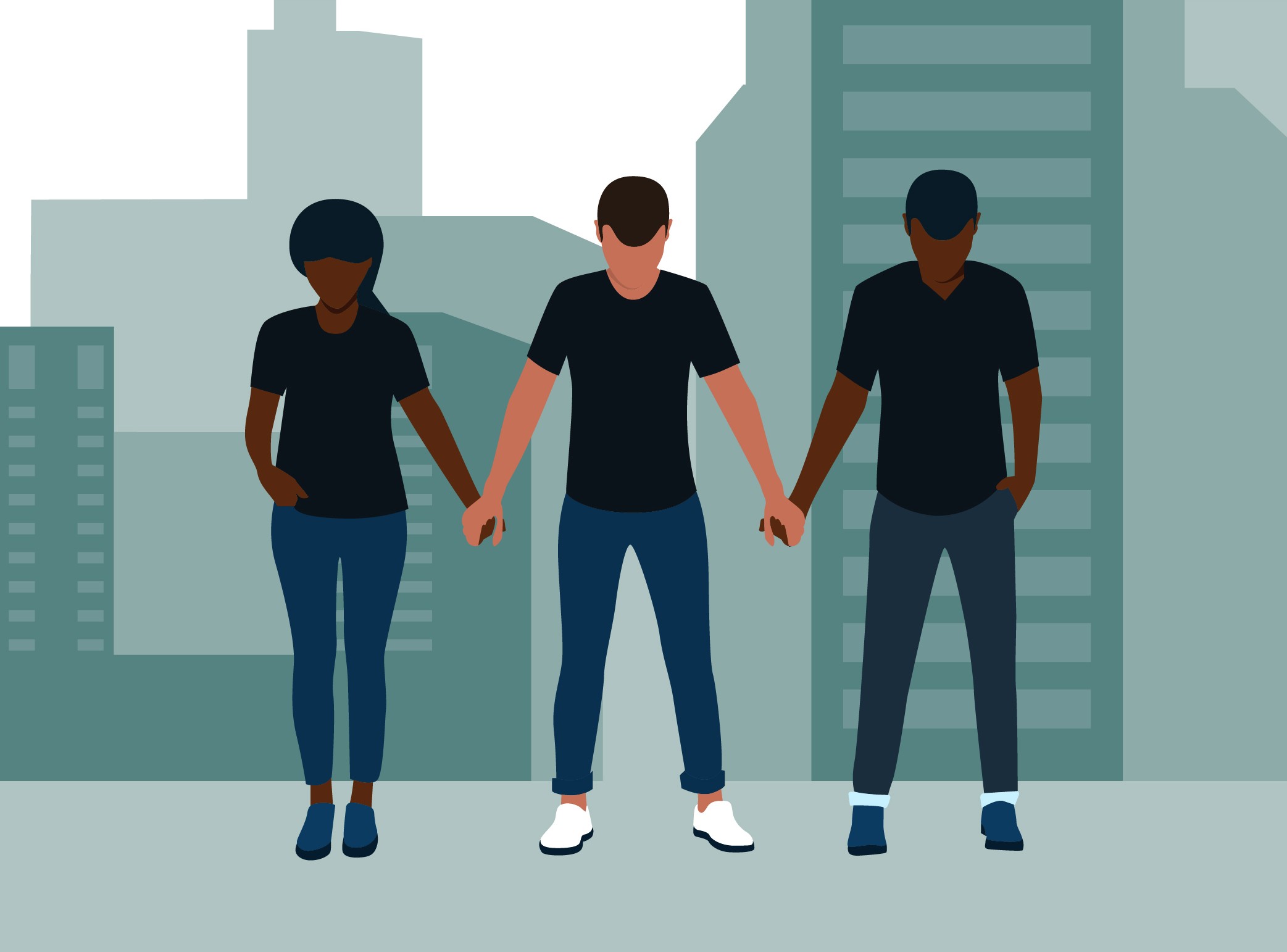What do two former presidents, an expert on insect mating behavior, an 18-year old activist fighting to end child marriage, a “bad feminist” and two legendary actresses have in common? Well, they were just a few of the dozens of speakers and performers who graced the stage of the Steinbeck Forum in the Monterey Convention Center during last week’s TEDWomen conference, an event focused on the power of women and girls as creators and changemakers.
The (foggy and cool) Monterey setting was one that is close to the heart of long-time TED-sters. It is where the original TED conference got its start in 1984 (before moving to Long Beach, then ultimately Vancouver), and the locale only added to the energy and emotion that is a hallmark of TED events.
The diverse slate of speakers showcased both the incredible potential of women and girls to change the world, and challenged the audience to think about the critical issues of our time. From climate change to education and religious extremism, there were a few key themes that resonated throughout the conference for me:
If we’re ever going to have true gender equality, we can’t accomplish it alone. We need men to be a part of this movement too. It might seem as obvious to you as you read this as it did when I typed the words, but as it came up over and over again I thought about how the movement to make the world better for women and girls is dominated by campaigns that largely involve women and girls. I was struck by the words of sociologist Michael Kimmel who said, “Privilege is invisible to those who have it.” We need more campaigns that make gender visible and demonstrate that (in Kimmel’s words) “gender equality is not a zero sum game.” Like the United Nation’s @HeForShe campaign highlighted by the formidable Elizabeth Nyamayaro. And of course we were lucky to see one of the world’s most influential men, President Jimmy Carter, on stage talking about his fight for gender equality, noting that “The number one abuse of human rights on Earth is the mistreatment of women and girls.”
And this lesson of making privilege visible doesn’t just apply to gender equality. The fearless and funny Rich Benjamin walked us through his adventures as an African American living in “Whitopia,” the communities in America attracting the highest concentration of white populations in an era where we are, according to Benjamin, as racially segregated by neighborhood as we were in 1970. I can only imagine (and hope) that he helped some of his neighbors learn a little bit about privilege in the process.
What drives performance? It’s not what you think. In one of the most moving talks of the event, Linda Cliatt-Wayman, a high school principal who has turned around some of Philadelphia’s most dangerous schools, shared the three core tenants of her leadership philosophy. The first two, “If you’re going to lead, LEAD” and “Now what? So what?” were powerful on their own, but the third was the most powerful. Every day, Cliatt-Wayman makes sure to tell her students, “If nobody told you they love you today, remember I do.” Sure, that might seem corny or hokey to some – but in an environment like North Philadelphia’s public schools, many of the school’s students experience difficult home settings that often lack the compassion.
So as we think about the power of women and girls, we can’t forget one of the key skills we bring to the table to solve big problems – compassion. Margaret Heffernan, a management expert and a TED talk veteran, underscored this idea in her talk, which was centered around an MIT study that showcased that the most productive teams were those in which team members all had a sense of social connectedness. Essentially, these groups performed well because they cared about each other. Or, as she put it, “a culture of helpfulness routinely outperforms intelligence.” Food for thought as we build and manage teams.
Authenticity trumps all. Over and over again, TEDWomen speakers embodied the idea that we are our best selves when we truly embrace who we are. Roxanne Gay pushed us to stop demanding perfection from feminists – noting that we are all full of contradictions and flaws. In her case, her love of hardcore rap and the color pink might make her a “bad feminist” – but, like Roxanne, we can still be good women. Another woman who was truly herself was the hilarious Alix Generous, a young woman with Asperger’s. Between perfectly delivered self-deprecating jokes, Alix inspired us with her work to develop “autism assistive technology,” enabling individuals with autism spectrum disorder develop communications skills.
But of course being one’s true self takes a lot of courage. It certainly took South African slam poet, Lee Mokobe, courage to share with the world that she self-identified as male, coming from a culture that doesn’t exactly embrace gender identity issues. Or the formidable (and just 18 years old) Malawian Memory Banda who said no to being married off at age 14 in a culture that routinely marries off young women as early as age 11.
Amongst all of the high notes, there was also a live reminder of the world of contradictions we face as women. A young mother with her five-month infant in tow was asked to leave the conference, citing TED’s strict “no children” policy. Sharing her story on Twitter, she posed the question about how a conference on the power of women and girls could simultaneously not be for working moms. A big kudos to the TEDWomen team for “failing forward” and responding honestly and transparently to the issue.
The theme of this year’s TEDWomen conference was “Momentum” – and whether it was having the opportunity to interact with the incredible women in attendance, marvel at the incredible talent of the musicians, singers and poets who performed, or laugh, cry and cheer with the speakers on stage, it is clear that when it comes to the power of women and girls to change the world, we really do have momentum.




